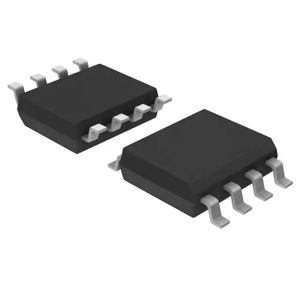
Memory - Configuration Proms for FPGAs
Memory - Configuration Proms for FPGAs
Definition:
Memory - Configuration PROMs (Programmable Read-Only Memory) for FPGAs (Field-Programmable Gate Arrays) are specialized non-volatile memory devices designed to store configuration data for FPGA chips. These PROMs ensure that the FPGA loads its intended logic design upon power-up, providing a reliable and efficient solution for embedded systems, telecommunications, industrial automation, and other high-performance applications.
Types of Products in This Category:
1. Serial Configuration PROMs Compact and cost-effective, often using SPI (Serial Peripheral Interface) for data transfer.
2. Parallel Configuration PROMs Offer faster data loading speeds, suitable for high-performance FPGAs.
3. JTAG-Programmable PROMs Allow in-system programming via JTAG interfaces for flexible development and debugging.
4. High-Density PROMs Support larger FPGA configurations with extended storage capacity.
5. Radiation-Tolerant PROMs Designed for aerospace and defense applications where reliability under harsh conditions is critical.
Purchasing Recommendations:
- Compatibility: Verify that the PROM matches the voltage requirements and interface (SPI, parallel, etc.) of your target FPGA (e.g., Xilinx, Intel/Altera, Lattice).
- Density & Speed: Select a PROM with sufficient storage capacity for your FPGA s bitstream and ensure its programming speed meets system boot-up time constraints.
- Environmental Factors: For industrial or automotive applications, opt for PROMs with extended temperature ranges or ruggedized packaging.
- Supply Chain Stability: Prioritize suppliers with proven reliability to avoid production delays, especially for mission-critical designs.
This category is essential for ensuring seamless FPGA operation, making it a critical consideration for engineers in hardware development and system integration.

